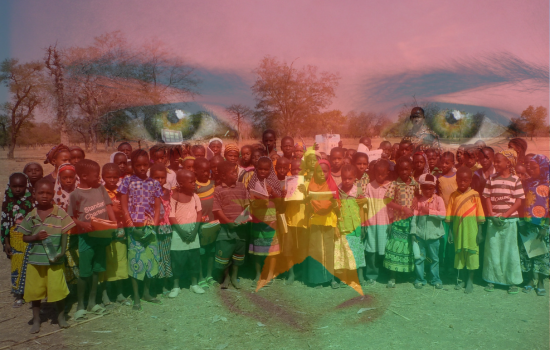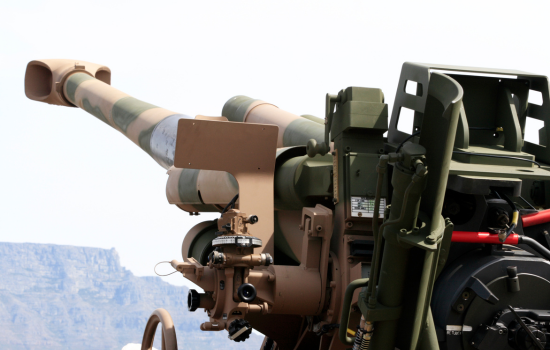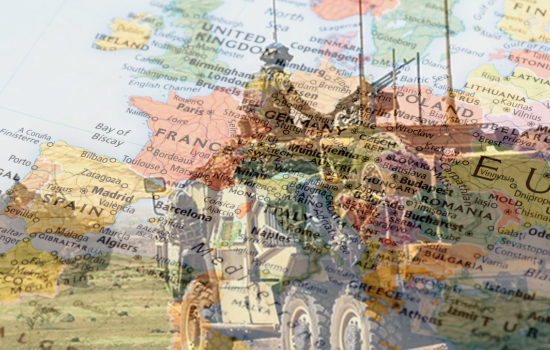Morality Versus E-Security – Opening Remarks
Distinguished guests,
It is a great honor for us to welcome you to the ICT’s 13th International Conference: World Summit on Counter-Terrorism at the IDC Herzliya. For many of us the annual conference has become a given. The truth is that organizing such a conference entails tremendous effort, recurring every year, and the challenge is to succeed in growing from year to year. With your permission, I wish to thank at the outset of the conference all those who worked on its preparation. We shall also thank them upon its conclusion.
I chose to say in my welcoming remarks tonight a few words on the dilemma between Security and Morality in coping with global terrorism. This topic has taken center stage in the public discourse in the USA and has decisive influence in shaping the American strategy and the combat doctrine against global terror. Resolutions on this matter have far-reaching implications to the pattern of conduct of the United States’ allies, when Israel is one of them.
The count of terrorism in Israel begins approximately in 1960.
During the period prior to the establishment of the state, the biblical rule was prevalent: “He who rises to kill you, kill him first”.
In the course of the state’s existence until the mid-1960s, terror was localized and the laws of war and the various international treaties were not implemented to the letter, certainly not very strictly.
Until the end of the 1970s the characteristics of the terror were:
- It became regional and international
- It became secular and Christian elites also took part in it
- It was political and strived for self-determination and national independence
As of the end of the 1970s:
- It became global
- It became religious – fundamentalist
- It adopted extremist ideology from its predecessors (denying co-existence, sanctifying suicide, eliminating the infidels, etc.)
September 11th 2001 was a historical milestone, after which began the public discourse in the US surrounding the topic of the Morality versus Security dilemma.
The equation between security and morality is flexible. The starting point of the equation is our instinct of survival as human beings. The survival instinct was, is and will always be stronger than any moral value. Therefore, when the threat to us is small, it is easier for us to be moral. The more the threat grows, the less our willingness to be moral, to ensure our survival.
The struggle between Western democracies and radical Islamic is asymmetrical, not only in its physical characteristics (a country against a non-state, regular army against gangs, advanced weaponry against suicide bombers, etc.). The asymmetry also exists in the values of both sides. Western democracies are peaceful and therefore recognize and accept the other. Radical Islam does not accept the other and the fate of the infidel is death. This difference is dramatically expressed when translating the system of values to what is permitted and what is forbidden at the operational level.
In radical Islam the end justifies the means; everything is allowed and the measures – any measure – are not filtered through any ethical filter.
In Western democracies any action at the operational level is examined first through the ethical filter.
The result is that the West fights the threat of terrorism with its hands tied behind its back.
Another variable, perhaps even more important, shaping the security versus morality equation, is political leadership. When our leaders are of high stature and enjoy our support and loyalty to them, they can make decisions that on the face of things hold an erosion of the moral dimension, in favor of the citizens’ security. I believe that responsible leadership can appreciate the reality, the risks and the ways of dealing with them, better than the citizens.
The characteristics of the tension between the leadership and the citizen are:
- Leadership draws off reliable information from the intelligence systems, research and evaluations.
- It feeds from the best experts and is fed first hand when it comes to allies.
The result is: the reading of risk and the ways of coping with it is optimal in Western democracy.
Citizens draw information from parties with interests. In general the media is biased. The third sector (NGOs) is biased. Intellectuals often express viewpoints on moral questions that do not undergo the refining process of reality and are tantamount to wishful thinking. If we take this insight all the way, we will reach an equation where once we are eliminated by the enemy, we can take comfort in the fact that we were the most moral people on earth.
The upside of the constant tension between morality and security in the practical world is in the field of the development of the means for combating global terror.
I believe, on the crudest level, that if two prerequisites are met in the war against terrorism, the supporters of the moral approach will be able to accept its results. The prerequisites are:
- Intelligence must prove without a shadow of a doubt the terrorist’s culpability.
- The operators must prove that they can hit him without collateral damage.
Those working on developing measures for collecting intelligence and on weapons development in the democratic West invest billions of dollars to develop the measures that ensure the fulfillment of these two above conditions.
Knowing the pace of technological development, I believe that we will indeed achieve these abilities. Unfortunately when we get there, global terrorism will already be in the theater of non-conventional weapons.
In the interest of full disclosure, in my previous position I often dealt with the dilemma between security and morality. I think this struggle is essential because the moral consideration is one of the cornerstones of Western democracy and it is what makes us different than our enemies. However, any mistake in maintaining the right balance between the two values will result in cost of human lives.
I wish all visitors to the conference to make the most of it and our hope in ICT is that the collective wisdom of the participants will significantly contribute to dealing with terrorism.
Thank you
The views expressed in this publication are solely those of the author(s) and do not necessarily reflect the views of the International Institute for Counter-Terrorism (ICT).






